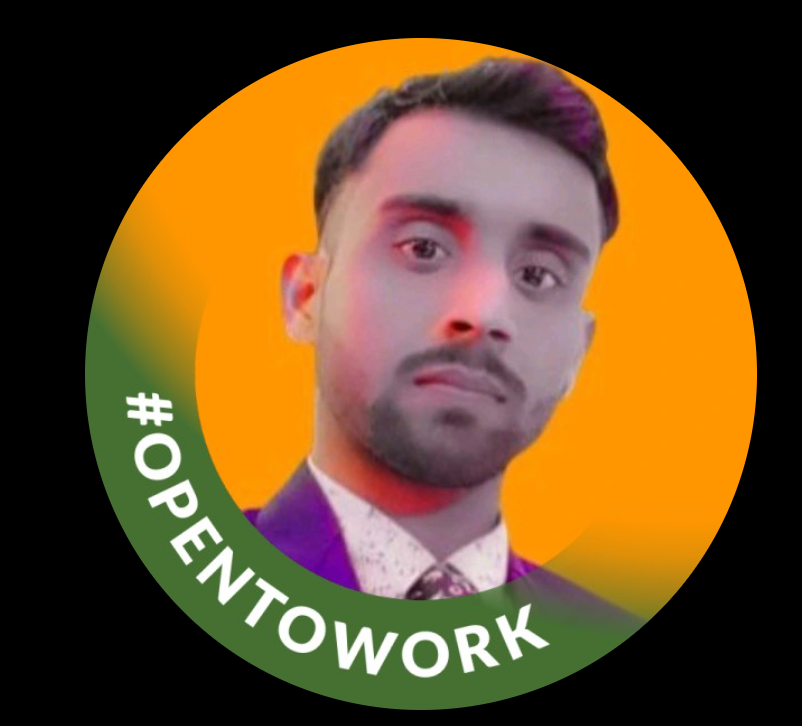I’m an SEO expert with more than seven years of experience, and I just finished Coursera’s Advanced Keyword Research course to learn more and improve my skills. The course gives a full rundown of the newest tools and methods for doing useful keyword research, which is an important part of any successful SEO strategy. This blog post will talk about the most important things “Top Tools and Techniques in Coursera’s Advanced Keyword Research Course” I learned in the course that can help other SEO professionals improve the way they do keyword research.
Table of Contents
Keyword Research Overview
The first part of the course talks about keyword research and why it’s important for SEO. To name a few important points:
- Keyword research helps guide content strategy and bring targeted visitors to a website. It is the basis of any SEO campaign that works.
- Keyword research has parts that are on-page and parts that are off-page. On-page optimization means making changes to the site itself to make it better for keywords. It is when you use keywords that are relevant to your site on other sites to boost your authority and rankings.
- It’s important to match the searcher’s intent. People who use Google must be able to match the keywords they use with the things they try to find.
Best Tools for Researching Keywords
The course goes over the best software tools for doing in-depth keyword research:
- Ahrefs: Gives information about keywords like volume, competitiveness scores, and SERP analysis. It helps you find long-tail keywords with low competition.
- SEMrush: Keeps track of how keywords rank over time. It compares your keywords to those of your competitors. Finds holes in keyword targeting.
- The Moz Keyword Explorer tool looks at keyword difficulty scores. Offers related long-tail keywords to focus on. Gives data on clickstreams.
- Google Keyword Planner: This tool gives you official keyword data from Google. Forecasts and gives information on search volume. Works with other Google tools.
- UberSuggest is a keyword suggestion tool that is easy to use. It comes up with related keywords and displays monthly volumes. There is a free version.
As an experienced SEO professional, I think Ahrefs is the best tool for finding keyword opportunities that haven’t been used yet. But using more than one tool gives you the most complete picture of keyword research.
Keyword Mapping Techniques
Also, the course teaches useful ways to plan keywords for an SEO strategy:
- Keyword gap analysis: To find open opportunities, compare your current keyword targets with those of your competitors.
- Keyword cluster mapping: For content optimization, group keywords that are related by topic or subtopic.
- Keyword-to-page mapping: Link your website’s pages that use certain keywords. Makes sure that targeting keywords and on-page optimization are in sync.
- Key word to pillar page mapping: Connect keywords to important pillar pages to show the main topics and groups of your site’s content.
I’ve found keyword cluster mapping to be very helpful for planning which keywords to focus on in a blog editorial calendar or content plan. This method helps you stay focused on the main points of your discussion.
Long-Tail Keyword Targeting
One of the most important ideas we’ll talk about in class is long-tail keywords. Keyword phrases like “benefits of daily meditation for stress relief” are longer and more specific. Important tips are:
- Look for long-tail versions of your main keywords. They’re not as competitive and just the right people.
- Longer phrases better match what people are looking for. Google gives more weight to pages that literally match intent.
- With tools like Ahrefs, you can find hundreds of relevant long-tail variations on main topics.
- Long-tail keywords should be used to optimize pages, but core keywords should still be used for overall authority.
Long-tail keyword targeting has been a great way for me to increase organic traffic and conversions for clients whose SEO I manage. It’s one of the most important parts of my optimization plans.
Optimizing for Semantic Keywords
The course also talks about semantic keywords, which are another type of advanced keyword. For example, “purchase” and “buy” mean the same thing or something very close to it. Key tips for semantic keywords:
- To find semantic matches to your goals, use keyword research tools. These should be used as extra keywords on pages.
- More searches will find your site more relevant if you optimize for semantic matches.
- You should use semantic keywords in your meta descriptions, because Google may highlight them in search results.
- Semantic keywords help with rankings by increasing the number of keywords without making the site too optimized.
I’ve found that semantic keywords help make a page more relevant for a wider range of searches. They help more people find my pages without using too many exact-match keywords.
Technical SEO Optimization
The course also briefly goes over technical SEO optimization for keywords, which is an important skill to have in addition:
- Use URL keywords—To get more clicks, put target keywords in the URLs of your pages.
- Use keywords in page titles and headers to improve SEO. Keywords should show up early and often on the page.
- Improve page speed—Pages that load faster are better for both keyword rankings and user experience.
- Make it easier for people (and search engines) to find keyword-optimized pages by making the site’s architecture easy to understand.
Even though it’s not just about keywords, technical SEO is a very important skill for getting the most out of keyword optimization for ranking gains. I make sure that all of my client sites follow these best practices.
Conclusion
The Advanced Keyword Research course on Coursera has a lot of useful tools, techniques, and strategies for learning this important SEO skill. As an experienced SEO professional, I thought the course was thorough and helpful for improving how keyword research is done. Focusing on long-tail and semantic keyword opportunities gives you an edge over competitors who are still using only core keywords. Then, technical SEO optimizations are used to make sure that all keyword targets have the best page rankings and visibility. I strongly advise SEO professionals to take this course in order to improve their skills and make more money for their clients or employers. Search engine optimization is built on advanced keyword research, and these skills will only become more important as the digital world changes.

Shivam Mishra is the lead writer at webcourses.in, where he shares his expertise in web development, particularly in the MERN stack (MongoDB, Express.js, React, Node.js). With a solid foundation in Java and Data Structures & Algorithms (DSA), Shivam creates content that resonates with developers and tech enthusiasts alike. As a former Web Development Club Captain, he has led projects like an Air-BNB replica and a YouTube clone. Recognized as a two-time CODE-Hunt winner and LinkedIn Top Voice in Web Development, Shivam brings a wealth of knowledge to every article.
Connect with Shivam on LinkedIn.

